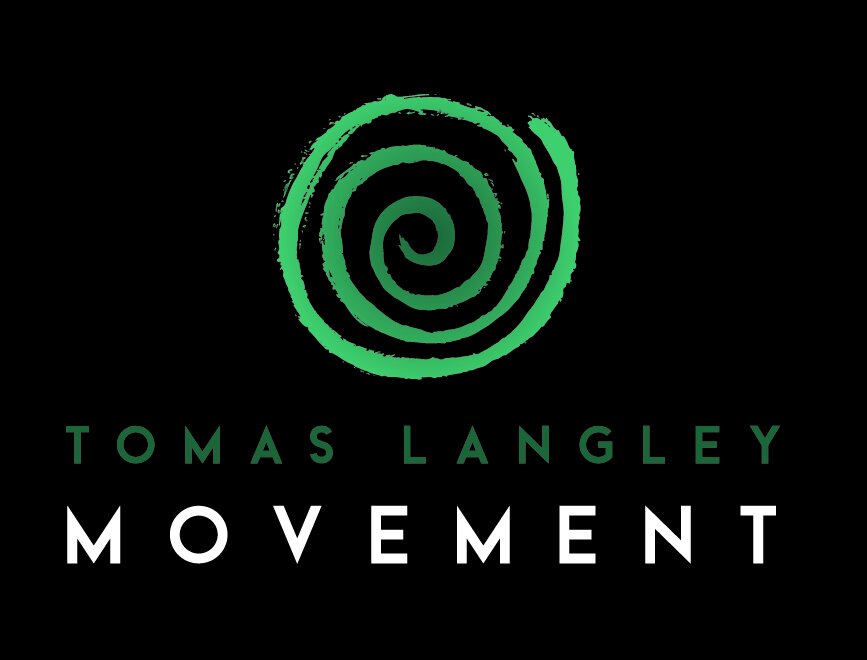Simon and Garfunkel’s song, The Sound of Silence, describes quite accurately the process by which sleep plants the seeds produced during wakefulness so they can be remembered the next day. Here’s the first verse:
Hello darkness, my old friend I've come to talk with you again Because a vision softly creeping Left its seeds while I was sleeping And the vision that was planted in my brain Still remains Within the sound of silence
The rest of the song is about relaying the days waking events in the form of a vision to the sleeping brain at night:
In restless dreams I walked alone Narrow streets of cobblestone 'Neath the halo of a street lamp I turned my collar to the cold and damp When my eyes were stabbed by the flash of a neon light That split the night And touched the sound of silence
And in the naked light I saw Ten thousand people, maybe more People talking without speaking People hearing without listening People writing songs that voices never share No one dared Disturb the sound of silence
"Fools" said I, "You do not know Silence like a cancer grows Hear my words that I might teach you Take my arms that I might reach you" But my words like silent raindrops fell And echoed in the wells of silence
And the people bowed and prayed To the neon god they made And the sign flashed out its warning In the words that it was forming
And the sign said, "The words of the prophets Are written on the subway walls And tenement halls" And whispered in the sounds of silence
I’m reading Matthew Walker’s book, ‘Why We Sleep - The New Science of Sleep and Dreams’. It’s opening my eyes in a big way to the importance of sleep. You can expect me to write a lot more about sleep in the coming months.
One more fascinating tidbit of information from that book while you’re here:
If you are sleep deprived (especially REM sleep - where most dreaming occurs), you become bad at reading emotions on peoples faces. You can’t distinguish one emotion from another with accuracy, and it takes your brain much more work to try.
What’s more, because you can’t distinguish the emotions accurately, you tend towards ‘danger’ as a ‘just in case’. You are much more likely to perceive the people around you to be in a bad mood or even threatening even when it’s not true.
If, on the other hand, you have a good nights sleep, your ability to detect emotions in facial expressions becomes much more accurate and much easier to perform.
Dreaming is an important part of the way you process your emotions AND tunes your emotion sensing skills.
I am finding this book to be delightful and surprising.



